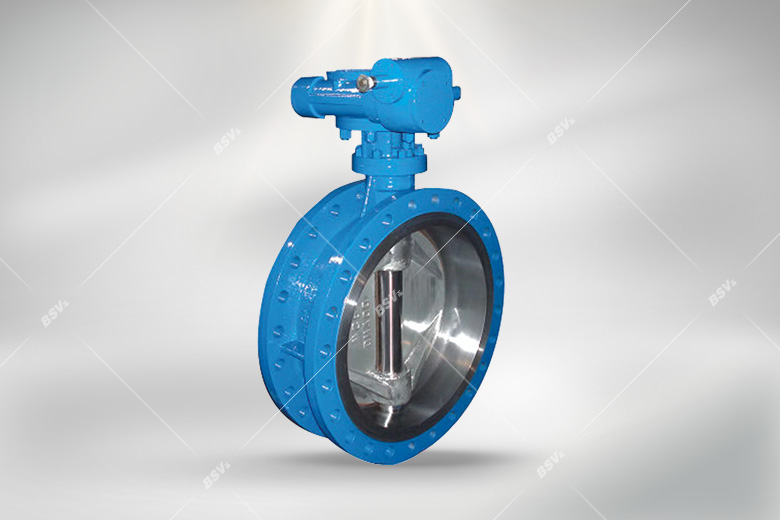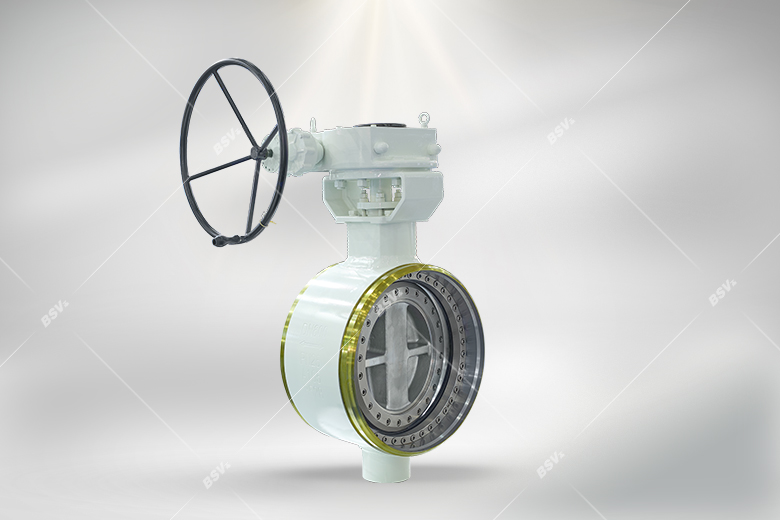Release time:2025-05-19Clicks:
In the world of industrial applications, cast iron valves play a critical role in controlling the flow of fluids. Known for their durability and strength, these valves are a popular choice in various sectors, including water treatment, oil and gas, and chemical processing. At Lishui BSV Valves Supplier, we pride ourselves on providing high-quality cast iron valves that meet industry standards. However, the performance of these valves largely depends on proper installation. In this article, we will explore the best practices for installing cast iron valves to ensure optimal performance and longevity.
Cast iron valves are made from a type of iron-carbon alloy that is renowned for its excellent wear resistance and ability to withstand high pressure and temperature conditions. These valves are commonly used in applications where durability and reliability are paramount. Before diving into the installation process, it is crucial to understand the different types of cast iron valves available, such as gate valves, globe valves, check valves, and butterfly valves, each serving a unique purpose.

Proper preparation is the cornerstone of a successful valve installation. Before beginning the installation process, it is essential to conduct a thorough inspection of both the valve and the pipeline. Here are some key steps to follow:
Inspect the cast iron valve for any visible damage or defects. Check for cracks, chips, or any irregularities that might affect its performance. Additionally, ensure that the valve is clean and free from debris or foreign particles. Similarly, inspect the pipeline for any signs of corrosion or damage and clean it thoroughly to prevent contamination.
Proper alignment is crucial for the efficient operation of cast iron valves. Ensure that the valve is aligned correctly with the pipeline to prevent undue stress on the valve body. Additionally, provide adequate support to the valve to minimize vibrations and potential damage during operation. Proper support will also help maintain the alignment of the valve over time.
The installation process of cast iron valves involves several critical steps that must be followed meticulously to ensure optimal performance and safety. Below, we outline the key steps involved in the installation process:
Position the valve in the correct orientation as specified by the manufacturer. Pay close attention to the flow direction indicated on the valve body to ensure that it is installed correctly. Incorrect positioning can lead to inefficient operation and potential damage to the valve.
Once the valve is positioned correctly, secure it to the pipeline using appropriate gaskets and bolts. Ensure that the bolts are tightened evenly and to the recommended torque specifications to prevent leaks and maintain a secure connection. Over-tightening can damage the valve and compromise its integrity.
After securing the valve, it is essential to conduct a leak test to ensure that the installation is airtight. Pressurize the system and check for any signs of leakage around the valve connections. If any leaks are detected, re-tighten the bolts or replace the gaskets as necessary to achieve a leak-free installation.
Once the installation is complete, there are several post-installation considerations to keep in mind to ensure the long-term performance and reliability of the cast iron valve:
Regular maintenance is crucial for the longevity of cast iron valves. Schedule periodic inspections to check for signs of wear and tear, corrosion, or any other issues that might affect the valve's performance. Lubricate moving parts as needed and replace any worn-out components promptly.

Continuously monitor the performance of the valve to ensure that it is operating efficiently. Pay attention to any changes in flow rate, pressure, or temperature that might indicate a problem. Early detection of issues can prevent costly repairs and downtime.
Ensure that all personnel involved in the operation and maintenance of cast iron valves are adequately trained and aware of safety protocols. Proper training will help prevent accidents and ensure that the valves are handled correctly.
Installing cast iron valves requires careful attention to detail and adherence to best practices to ensure optimal performance and longevity. By following the guidelines outlined in this article, you can achieve a successful installation that meets industry standards and enhances the efficiency of your piping system. At Lishui BSV Valves Supplier, we are committed to providing high-quality cast iron valves and expert guidance to support your industrial needs. For more information or assistance with your valve installation, feel free to contact our team of experts.
In summary, the key to a successful cast iron valve installation lies in thorough preparation, meticulous execution, and ongoing maintenance. By investing time and effort into these areas, you can ensure that your valves perform reliably and efficiently for years to come.
For additional resources and support, visit our website or reach out to our customer service team. We are here to help you every step of the way in optimizing your industrial applications with top-notch cast iron valves from Lishui BSV Valves Supplier.
Tags:Valves price,Cast steel valves